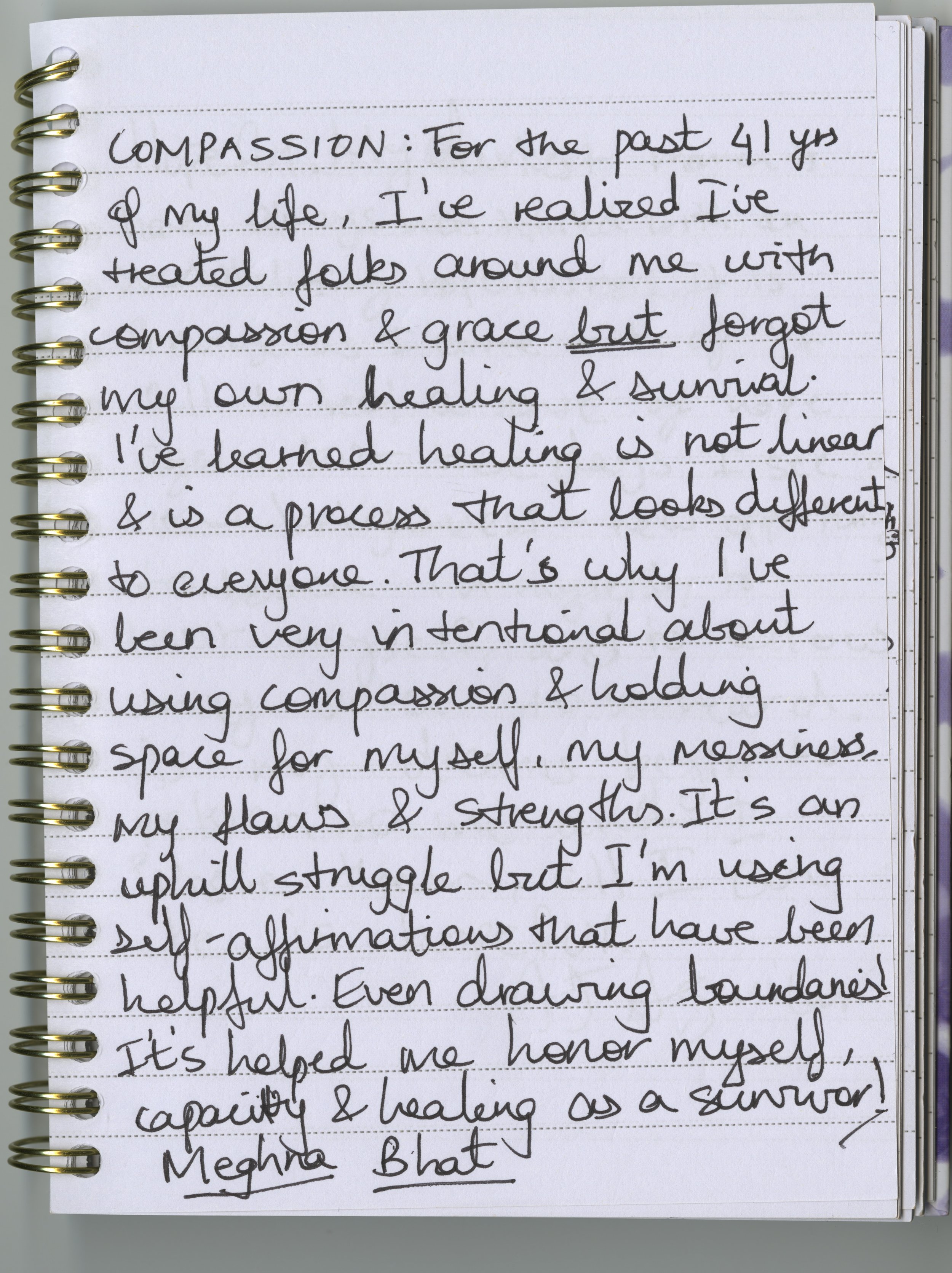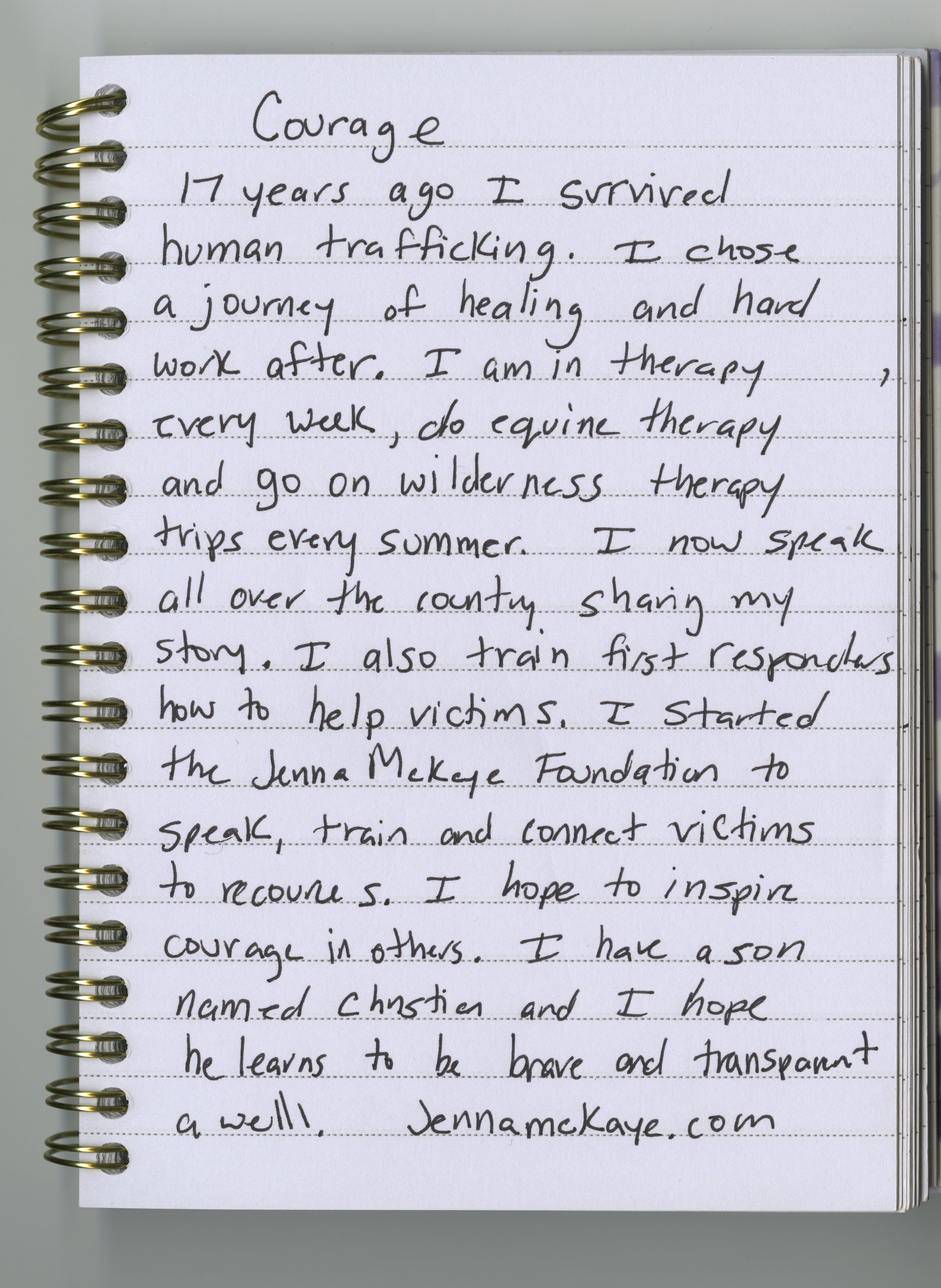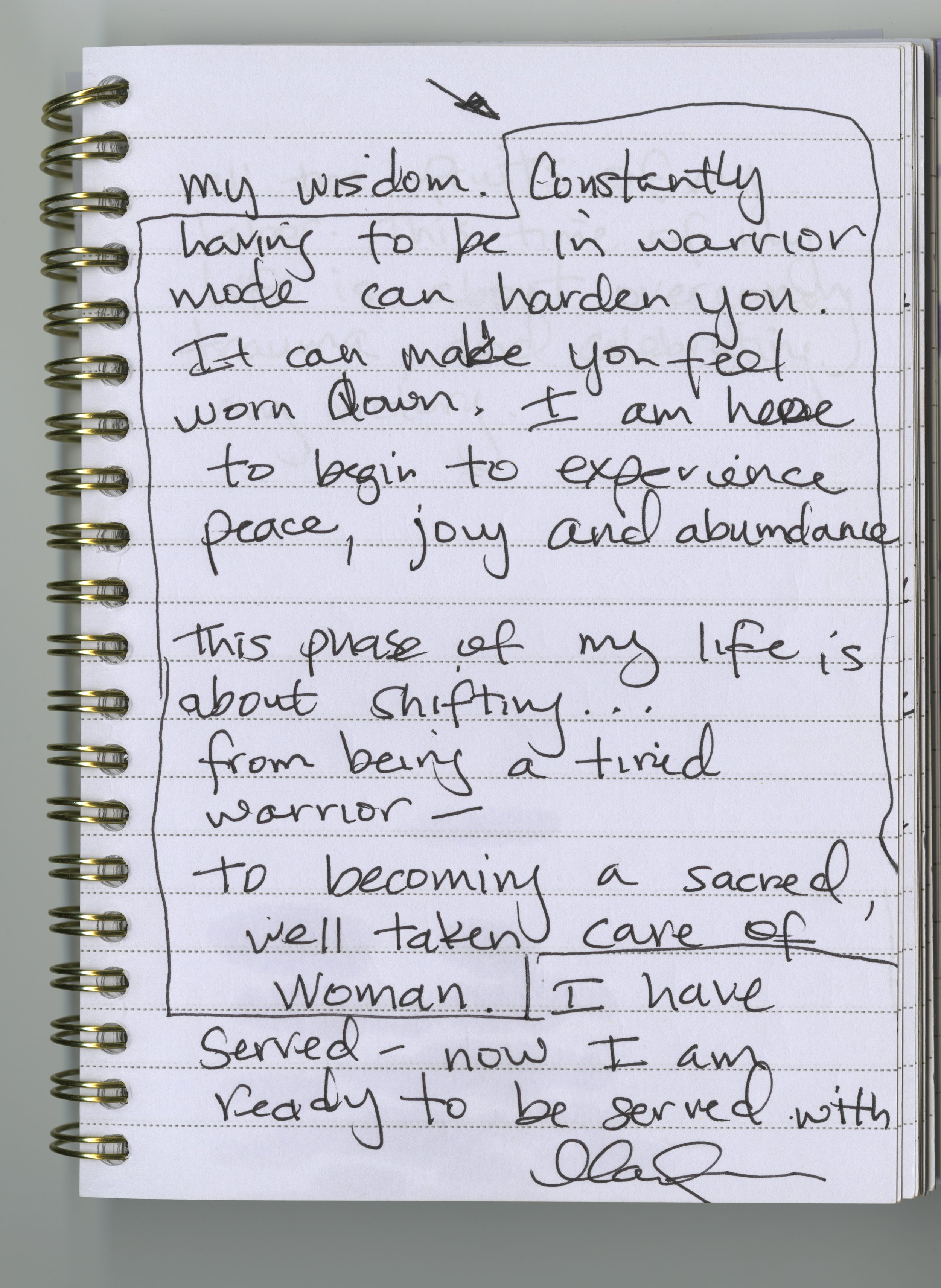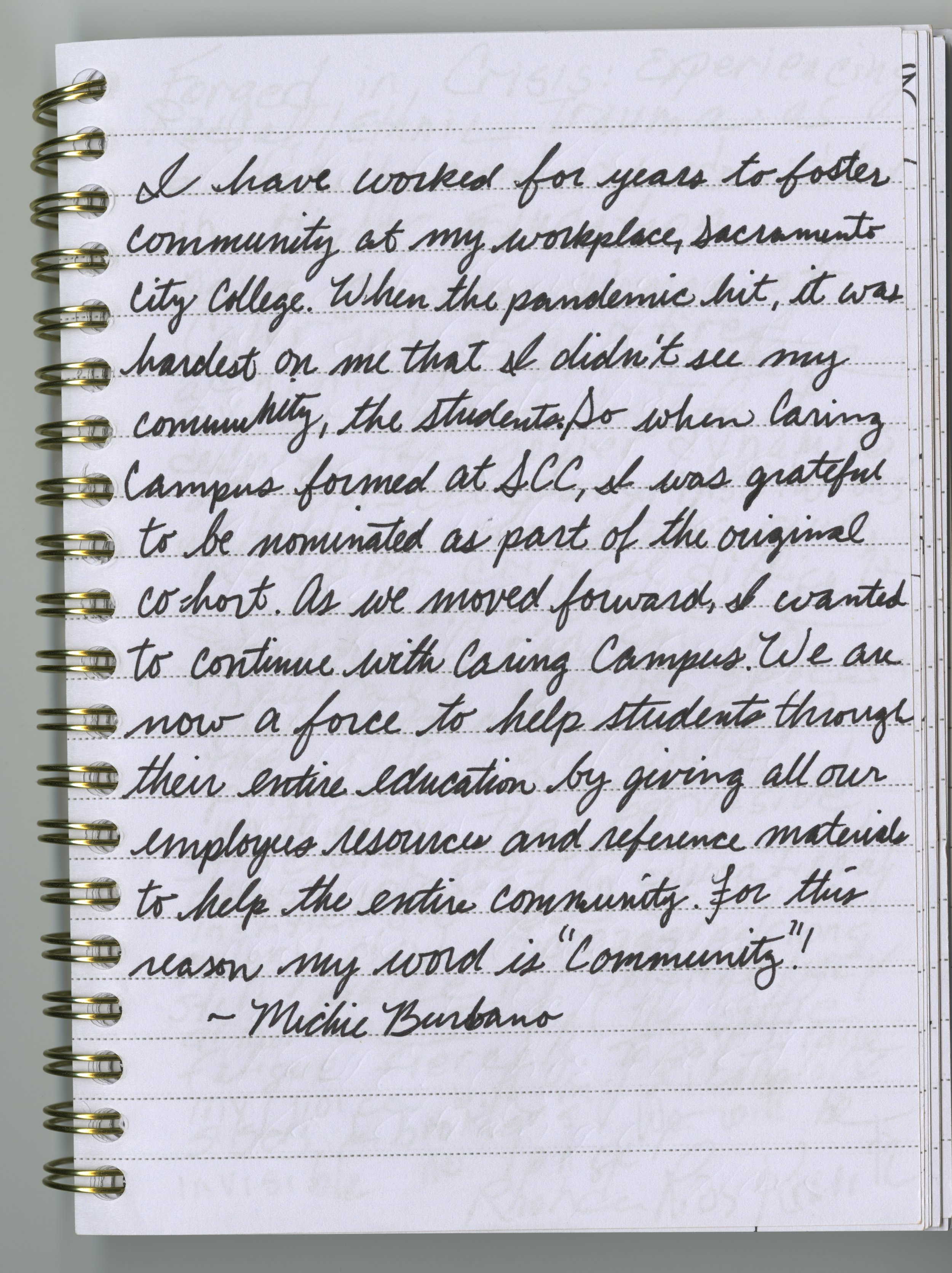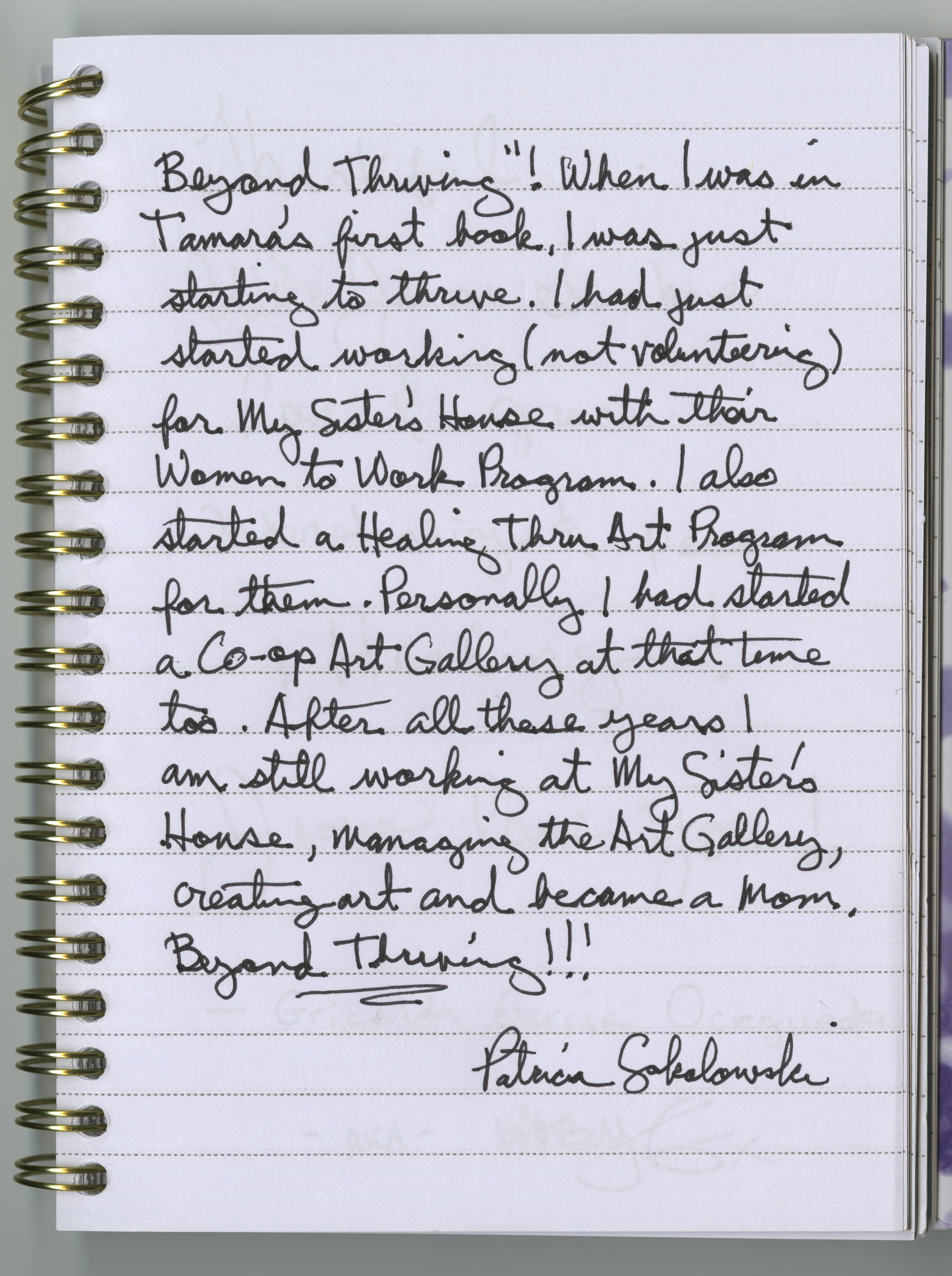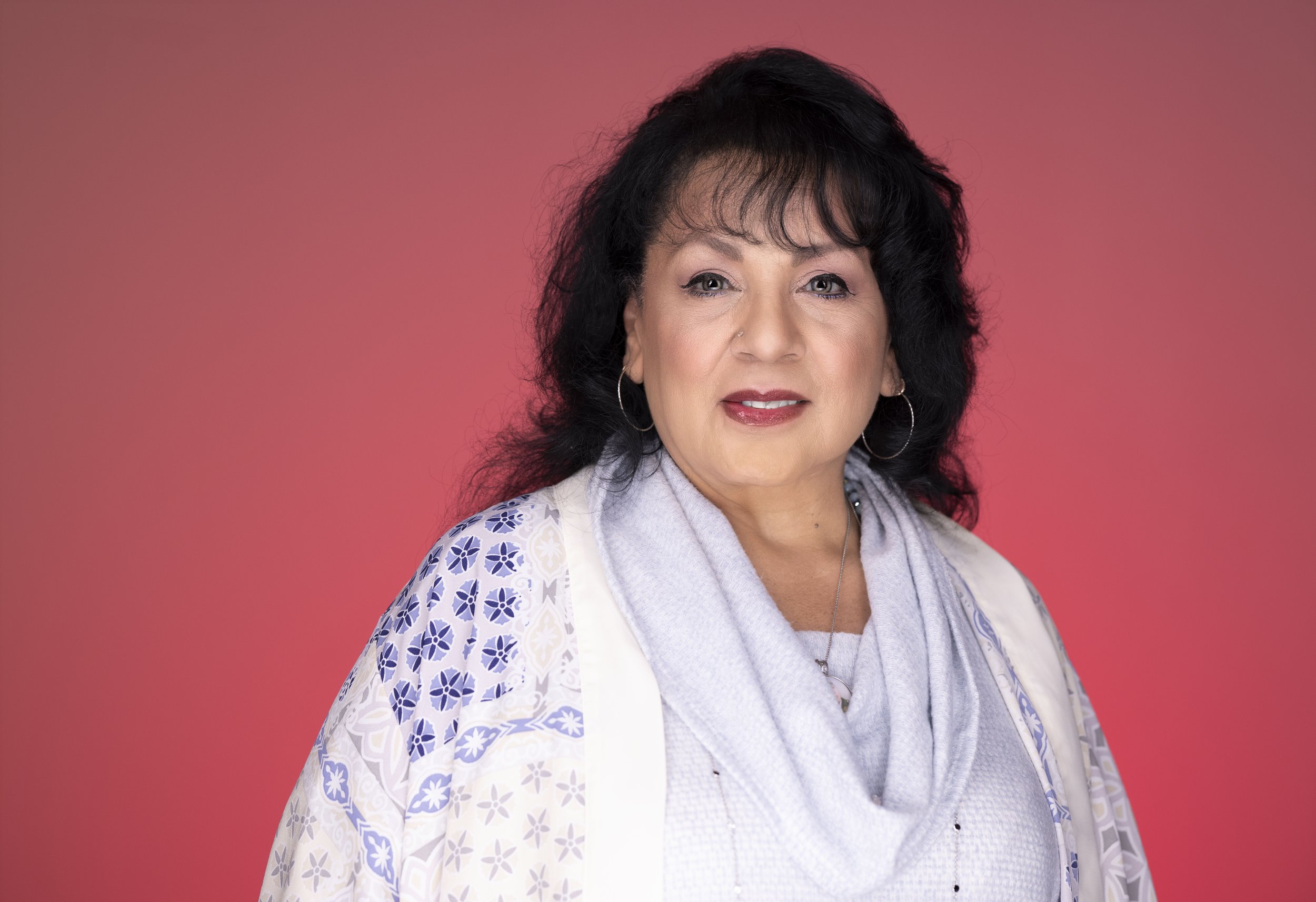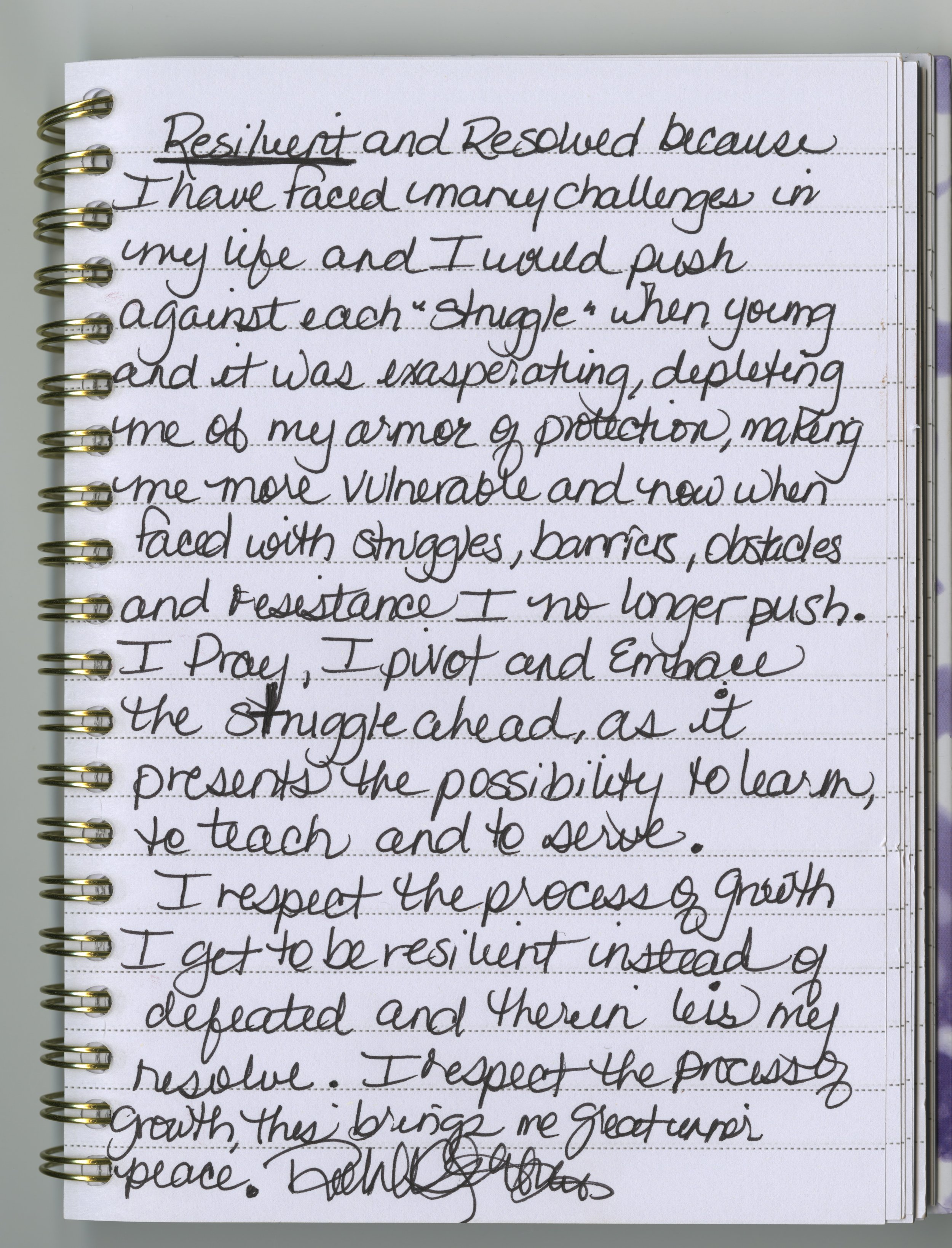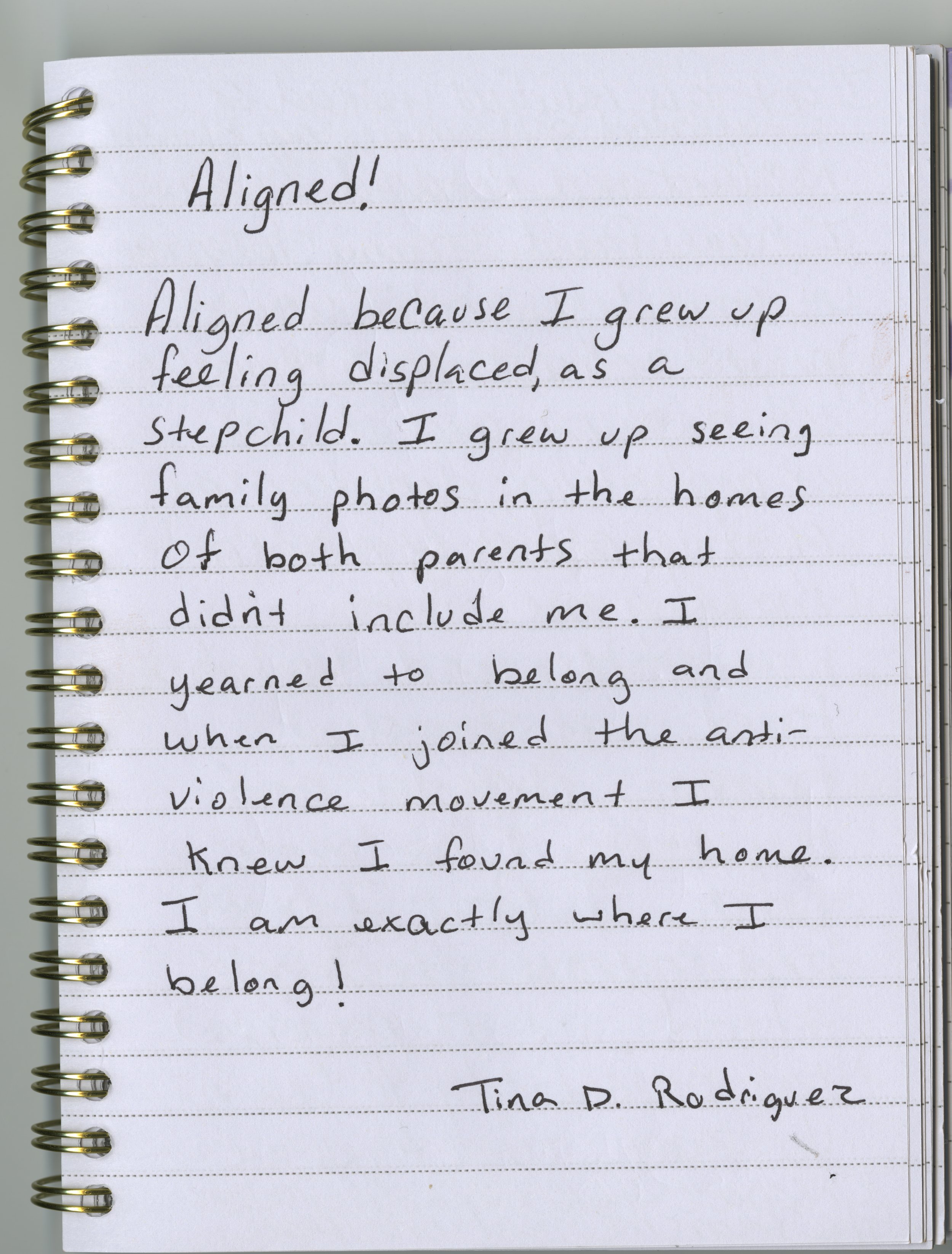IMAGES BY TAMARA KNOX
WORDS BY TAMARA BLAZQUEZ HAIK
EDITED BY CHRISTINE PICKERING
Trigger warning: this story contains references to themes of domestic violence, abuse, and trauma, which some individuals may find distressing.
Now considered a pandemic, violence against women and girls has impacted millions of people worldwide, where according to various sources like this World Bank report, more than one in four women have suffered some kind of violence at the hands of their intimate partners.
Despite these heartbreaking statistics, survivors of domestic violence are often met with a lack of compassion from a society that wrongly blames them for the abuse they have endured. In this way, they are revictimized and discouraged from telling their stories. However, trauma survivors can learn to take their power back, build a supportive and inspiring community, and eventually heal and regain their freedom to become what Tamara Knox calls a “Thriver.”
“17 years ago I survived human trafficking. I chose a journey of healing and hard work after… I hope to inspire courage in others.”
Tamara Knox is one such trauma survivor who, through her ethical photography and storytelling journey, has not only regained her freedom and power, but has become a Thriver. She now aids others in their own healing, empowering them to tell their own stories.
Portrait of Tamara Knox by Tina Rodriguez.
Tamara was born in Fort Bragg, North Carolina. She studied photography in Sacramento’s City College after leaving her abuser and finding her freedom. She is also an Associate Clinical Social Worker and a trauma-informed photographer, meaning that she uses PhotoTherapy and narrative therapy with images. These are forms of psychotherapy focused on helping individuals understand and reframe their life stories to promote a positive change. She shares that the “addition of images or visual elements helps facilitate the therapeutic process through storytelling, externalization, creating visual metaphors, reframing, re-authoring, and building empowerment, especially for individuals who find visual expression to be an effective means of communication”.
Therapists who have been trained in PhotoTherapy guide their clients into emotional healing and self-discovery through imagery. As such, Tamara’s work in creating thought-provoking images that raise awareness, create visibility, and inspire others to heal and to take action in fighting this epidemic of domestic violence is of the utmost importance.
For Tamara, photography provided a creative and safe outlet for self-expression. “Photography helped me raise my self-esteem and self-confidence. My photographs helped me to see myself as I had never seen myself before and provided a unique lens and influence on my own life, including my relationship with my son and family members. I was also able to share my unique perspectives, emotions, and experiences with others.”
Tamara’s own healing journey began when she was finally able to photograph her son, something that her abuser never allowed her to do. Not long after that, Tamara met a community of survivors that were using their traumatic experiences to uplift their communities and rebuild their lives; she soon started seeing these community members as Thrivers.
Portrait of Tamara Knox with her son, Shamar, by Autumn Payne. They are at Tamara’s art exhibition at Sacramento’s City College. August 12, 2023.
Narrative therapy with images has helped Tamara “meet her clients where they are, to support their personal insights and self-expression, and most importantly, to help improve their mental health outcomes.” It also inspired Tamara to create the ebook "Surviving to Thriving: Narratives of Community Thrivers Surviving Traumas," where she relates hers and others’ experiences with surviving domestic abuse and becoming a Thriver.
“The heart of this project lies within the captivating portraits of community Thrivers and their personal accounts of rewriting their life stories. Our goal is to offer a wellspring of inspiration and motivation to all who engage with this unique resource, particularly survivors seeking solace and strength.”
“As a Chicana woman of color and as a retired administrator, I have experienced and felt deeply the power dynamics of postsecondary institutions upholding the status quo… The pervasive structural and systemic racism present in educational institutions tears at my soul every day. ”
In order to achieve this, Tamara was awarded the Seeding Creativity Grant in collaboration with Arts and Culture, the City of Sacramento, and the National Endowment for the Arts. This grant enabled the creation of this inspiring book as well as the trauma-informed photo exhibit showcasing the stories of those survivors who have now emerged as Thrivers.
This collaboration created a safe environment both for the community and the photographer, where sensitivity to triggers, the establishment of boundaries, respect, self-care and ethical storytelling were an important part of the creative process for the ebook. “I encouraged the Thrivers to choose their own colors, music, and what they wanted to share according to their writing prompts, which helped them to feel at ease with me and helped us to establish a strong bond and trust with each other.”
This collaborative process was maintained while designing the book cover, a partnership and sponsorship with Ethical Narrative and photo editor/designer Sue Morrow, as well as the layouts, where the wishes of all the storytellers involved were taken into account, further strengthening the bonds within this community of Thrivers.
Portrait of Tamara Knox by Andrew Nixon. She is holding her book, “Surviving to Thriving: Narratives of Community Thrivers Surviving Traumas”
“While this journey was not without its challenges, the ultimate outcome of the book was highly rewarding,” she says. Creating this body of work will surely help anyone that encounters it to “feel celebrated, empowered, uplifted, safe, and confident,” according to Tamara, while also hopefully helping to reduce violence.
Tamara also notes, “In the pages of this book, it's evident that not every individual has directly experienced the trauma of domestic violence. However, what unites them all is their collaborative commitment to offering vital resources and support to survivors in need. Together, they create a powerful network of assistance for those seeking refuge and healing.”
“Constantly having to be in warrior mode can harden you. It can make you feel worn down. I am here to begin to experience peace, joy and abundance.”
Some of Tamara’s future goals also include sharing her work with survivors, future clients, other mental health practitioners and non-profit organizations. She is also excited to announce a pilot project, where she will offer free ebooks in collaboration with Beloved Survivors (BSTRC), while continuing to create more spaces where trauma survivors can safely share the stories that have helped them not only to heal but to thrive.
To learn more about Tamara Knox’s work, visit her website and Ethical Narrative’s website.





